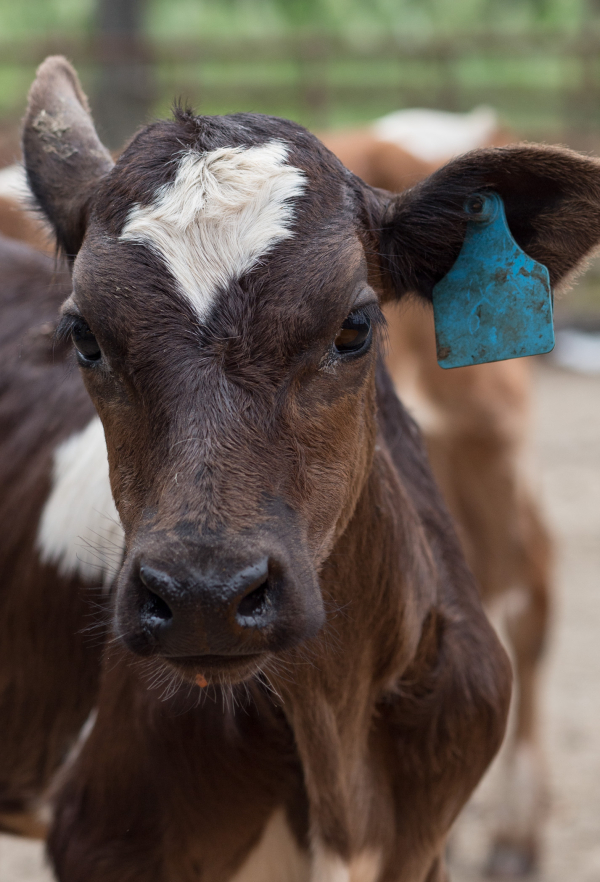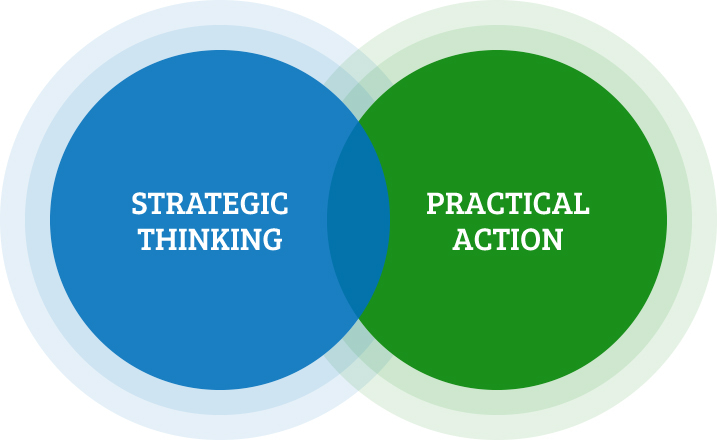News
Paravet training using modern ICTs to be trialled in the Pacific Islands

Prime is delighted to be developing a pilot online training system using modern internet-based information communications technology for para-veterinary service providers across Pacific Island Countries and Territories (PICTs).
The pilot will illustrate what blended ‘Moodle-based learning’ can look like in the context of animal health needs of the region – particularly in relation to agricultural livestock.
Moodle is an open-source learning software platform which is used across the globe by large numbers of education and training providers.
Prime is developing the pilot training system on behalf of the Pacific Community (SPC), in recognition of the integral role that livestock play across Pacific Island Countries and Territories (PICTs).
SPC says a growing demand for livestock products in the region demonstrates potential for the sector to contribute to both income and food and nutrition security needs of Pacific communities, thereby reducing the need to rely on imports.
Challenges confronting the region’s livestock industry include poor nutrition, poor housing and facilities for animals, poor waste management contributing to environmental / human health issues, limited genetic diversity and poor animal welfare.
An existing 14-week para-vet training programme, developed by SPC's Land Resources Division (LRD) over a number of years, is being used as the basis for the pilot online training system.
The existing programme, comprising a learning manual and workshop resources, has been rolled out in several PICTs; however, LRD has been unable to meet growing interest and demand for further training amid COVID-19 travel restrictions.
COVID-19 challenges have also spurred the opportunity to use e-agriculture and e-learning to further improve access to technical advice and knowledge within the region's livestock sectors.
Dr Chris Asby, the Technical Team Leader for this assignment, says utilising e-learning methods is a proven and effective way to upskill and mobilise well-trained paravets, adding to cost efficiency and increasing the availability of services to industry members.
"Moodle offers maximum flexibility to the project team for providing a proof of concept to help guide future training development by seeing what can be done," he says.
The proof-of-concept pilot will focus on pre-slaughter inspection procedures by paravets, including animal welfare and transport.
"The need for effective inspection of animals before slaughter and of meat processing itself requires paravets to have skills to assist abattoirs with preslaughter inspection, recording and abattoir hygiene to ensure only healthy animals contribute to safe and wholesome meat supplies," Dr Asby says.
"This applies both within the main producing PICTS and for products which are traded between these."
In addition, home slaughter provides a challenge in many small PICTS "and so it is necessary for paravets who work within communities to have meat inspection skills alongside their animal health and welfare knowledge so that they can assist livestock producers at the grass roots level".
Training will consist of online learner activities, practice in the field linked to use of instructional videos and online assessment.
The pilot system will be trialled across two PICTs, Fiji and Vanuatu, to gather feedback from participants.
Dr Asby is a vocational education and training expert and consultant with 45 years’ professional experience, including in the development and delivery of high-quality vocational education in the agriculture sector.
Other valuable inputs for this assignment are being provided by Mandy Williams, an international award-winning instructional designer from New Zealand with 25 years’ experience, and Dr Ken Cokanasiga – a Fiji-based veterinary advisor with deep knowledge of Pacific Island livestock industries.
Prime Group Chairman Dr Alan Pearson is providing technical backstopping support, along with Noellie Garand – the Director of Prime’s Pacific office in Fiji.
About SPC
SPC has been supporting sustainable development in the Pacific through science, knowledge and innovation since 1947.
It is the principal intergovernmental organisation in the region, owned and governed by its 26 member countries and territories.
SPC has also been using online training in recent times in regards to food safety in Fiji.
For more information about SPC, visit www.spc.int.
About Prime
Prime has been helping clients improve animal health and production (AHP) for more than two decades, across a wide range of geographic, cultural and economic operating environments, providing technical advisory services, training and capacity building of farmers and their advisors.
We have extensive knowledge of the food security, AHP and workforce development technical domains, including e-learning and multimedia training resources development.
A particularly relevant initiative that we have previously carried out is the development of an e-learning platform for deployment across eight Caribbean Island countries using Moodle, the same software solution that is being used for this project.



